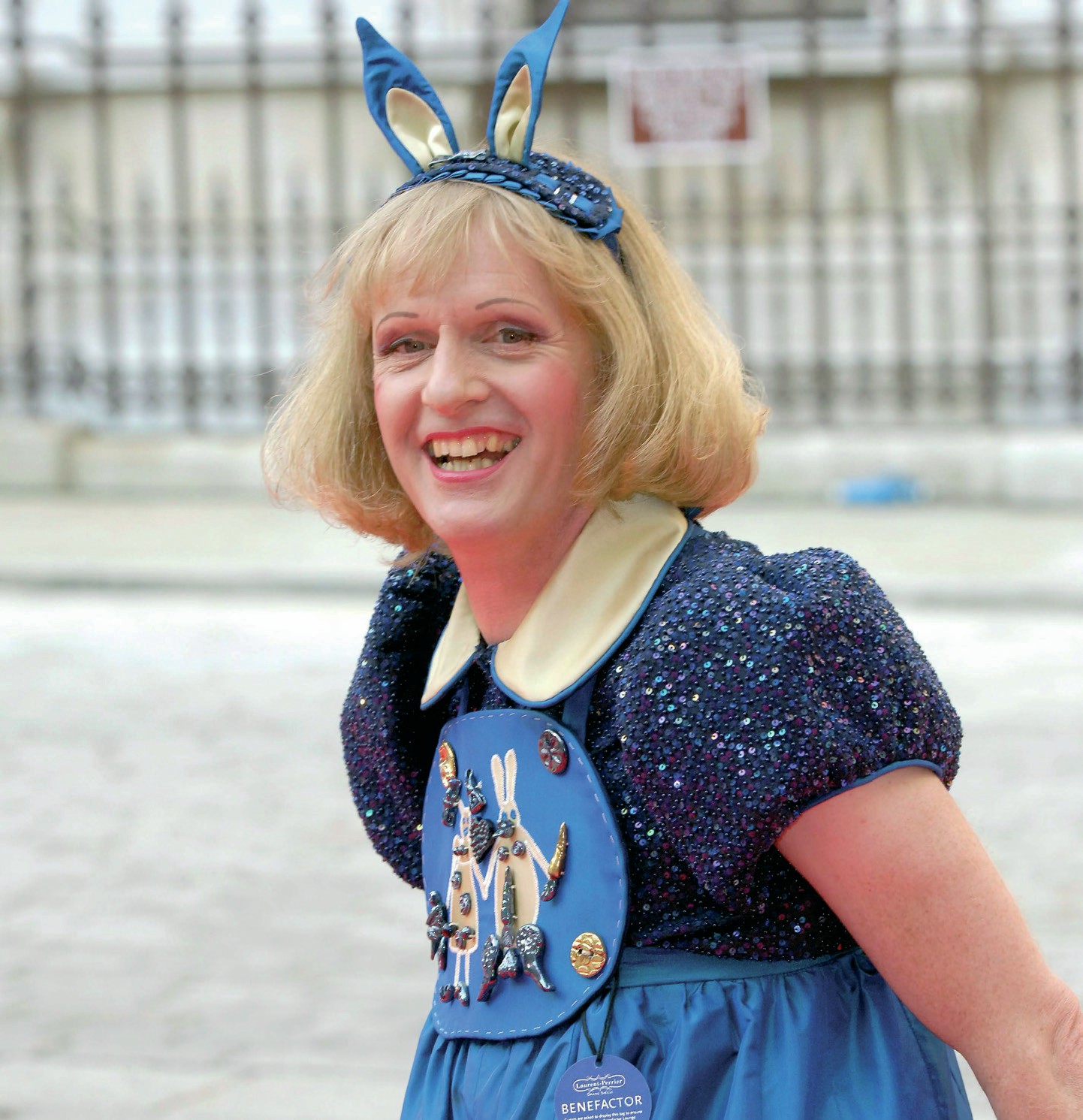
In the late 1700s and early 1800s, aristocrat Francis Egerton gave lavish dinner parties for dogs dressed in proper dinner attire, even down to wearing miniature shoes. The dogs were attended by a waiter with silver serving dishes who placed their food on china dishes. Dogs who had poor table manners were asked to leave the party and dine alone. But was Francis abnormal, or just eccentric?
Eccentricity refers to quirky or unusual behaviour. Although many believe that eccentricity is maladaptive, philosopher J. S. Mill saw eccentric behaviour as a matter of personal freedom and a benefit to society. Poet Edith Sitwell suggested that aristocrats are called eccentrics because ‘they are entirely unafraid of and uninfluenced by the opinions and vagaries of the crowd’.
Your organisation does not have access to this article.
Sign up today to give your students the edge they need to achieve their best grades with subject expertise
Subscribe




